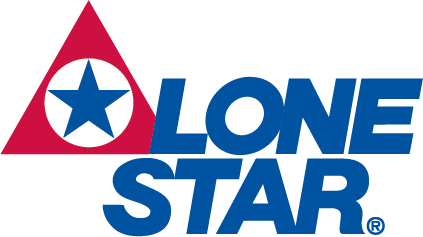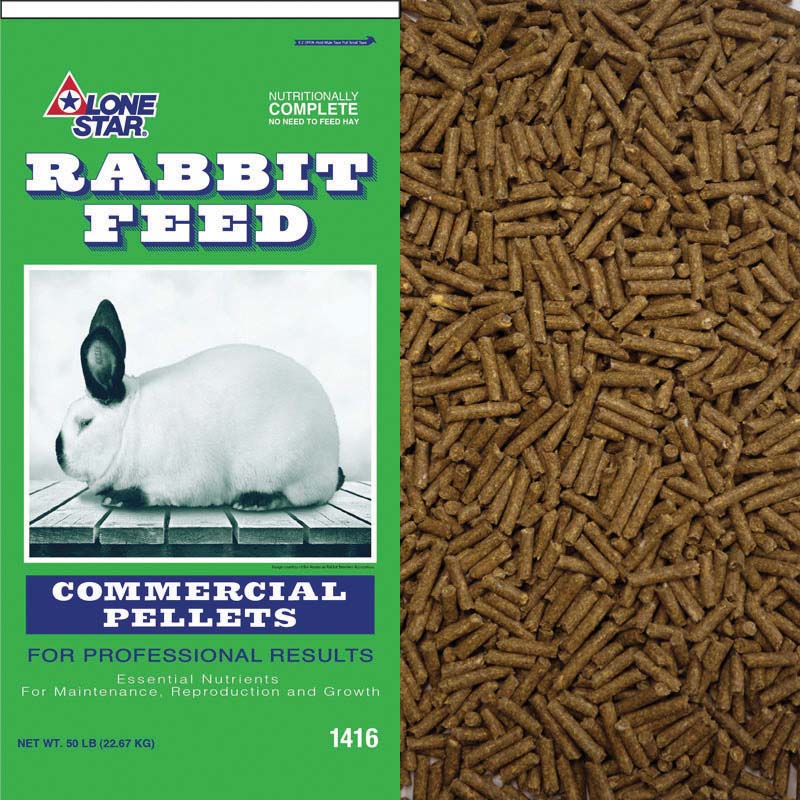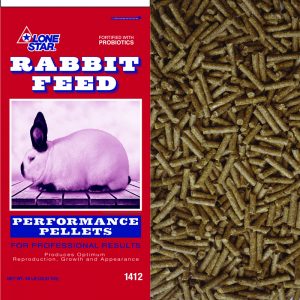Description
FEATURES
- 1109 Kcal/lb
- 16% protein
- Alfalfa based ration
- High fiber
- Available in 50 lb sizes
BENEFITS
- Nutritionally complete – no need to feed hay
- Pelleted – easy to feed
- Specially designed for the commercial operation
Forage products, processed grain by-products, roughage products (19%), plant protein products, grain products, cane molasses, calcium carbonate, salt, DL-methionine, vitamin A acetate, vitamin D3 supplement, vitamin E supplement, vitamin B12 supplement, riboflavin supplement, niacin supplement, calcium pantothenate, choline chloride, menadione sodium bisulfite complex (source of vitamin K activity), folic acid, pyridoxine hydrochloride, thiamine mononitrate, sodium selenite, biotin, manganese sulfate, zinc sulfate, ferrous sulfate, copper sulfate, calcium iodate.
Rabbit Feed Commercial Ration is a complete feed designed to provide all the essential nutrients required for maintenance, reproduction, and growth. No hay or other feeds are needed.
DOES AND LITTERS: Feed free choice to lactating does and their litters. Does should consume 4 to 8 ounces per day depending upon their breed, size, and condition. The doe and her litter will consume considerably more as the bunnies mature.
WEANED BUNNIES: Litters should be weaned from the doe as soon as they are eating freely or as soon as the doe is without milk or is bred. Feed free choice to weaned bunnies.
BREEDING ANIMALS & PETS: To prevent breeding animals and pets from gaining excessive weight, limit feed to approximately 4 to 6 ounces per day. Adjust the feeding rate to maintain the desired condition.
SOME IMPORTANT MANAGEMENT PRACTICES:
• Changes in feed should be made gradually. Sudden changes may make the rabbits sick or cause death. When changing from one feed to another, start by mixing 1/4 of the new feed with 3/4 of the old feed. Continue to mix the feeds over a five to six day period, gradually increasing the amount of the new feed until the rabbits are eating it entirely.
• Feed regularly. One, two or three feedings per day may be used. The time of feeding each day is more important than the number of feedings. Since rabbits eat mostly at night, late afternoon or evening feeding is preferred.
• Provide plenty of fresh, clean, cool water at all times.
• Follow a strict sanitation and health program. Consult your local veterinarian or your Country Agricultural Extension Service for advice.
| Crude Protein, minimum | 16.00 | % |
| Crude Fat, minimum | 3.00 | % |
| Crude Fiber, minimum | 17.00 | % |
| Crude Fiber, maximum | 20.00 | % |
| Calcium (Ca), minimum | 0.90 | % |
| Calcium (Ca), maximum | 1.25 | % |
| Phosphorus (P), minimum | 0.50 | % |
| Salt (NaCl), minimum | 0.25 | % |
| Salt (NaCl), maximum | 0.75 | % |
| Vitamin A, minimum | 2,000 | IU/LB |
| DIGESTIBLE ENERGY | 1109.75 | Kcal/lb |
| TDN | 52.24 | % |
| PROTEIN | 16.13 | % |
| DIG | 12.43 | % |
| ARGININE | 0.89 | % |
| CYSTINE | 0.24 | % |
| HISTIDINE | 0.31 | % |
| ISOLEUCINE | 0.67 | % |
| LEUCINE | 1.04 | % |
| LYSINE | 0.77 | % |
| METHIONINE + CYSTINE | 0.60 | % |
| PHENYLALANINE + TYROSINE | 1.03 | % |
| THREONINE | 0.57 | % |
| TRYPTOPHANE | 0.30 | % |
| TYROSINE | 0.40 | % |
| VALINE | 0.74 | % |
| FAT | 3.45 | % |
| FIBER | 19.33 | % |
| NFE | 38.86 | % |
| ASH | 9.63 | % |
| CALCIUM | 1.00 | % |
| CHLORINE | 0.53 | % |
| COPPER | 7.59 | mg/lb |
| IODINE | 0.28 | mg/lb |
| IRON | 254.23 | mg/lb |
| MAGNESIUM | 0.46 | % |
| MANGANESE | 75.64 | mg/lb |
| PHOSPHORUS | 0.63 | % |
| POTASSIUM | 1.38 | % |
| SELENIUM | 0.23 | % |
| SODIUM | 0.28 | % |
| SULFUR | 0.20 | % |
| ZINC | 46.27 | mg/lb |
| BIOTIN | 0.32 | mg/lb |
| CHOLINE | 736.97 | mg/lb |
| FOLIC ACID | 0.62 | mg/lb |
| NIACIN | 63.64 | mg/lb |
| PANTOTHENIC ACID | 17.89 | mg/lb |
| VITAMIN B6 | 4.18 | mg/lb |
| RIBOFLAVIN | 4.34 | mg/lb |
| THIAMINE | 3.02 | mg/lb |
| CAROTENE | 16.78 | mg/lb |
| VITAMIN A | 8.54 | KIU/lb |
| VITAMIN D3 | 0.40 | KIU/lb |
| VITAMIN B12 | 10.40 | mcg/lb |
| VITAMIN K | 0.49 | mg/lb |
| VITMAIN E | 32.25 | IU/lb |


